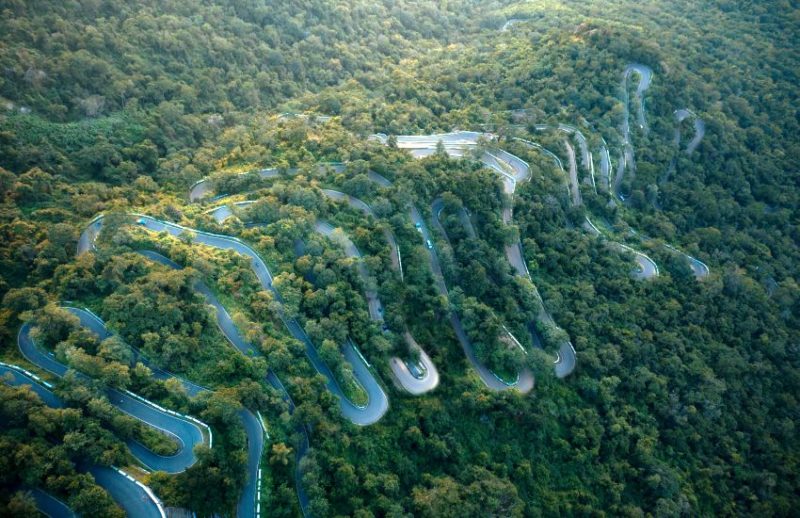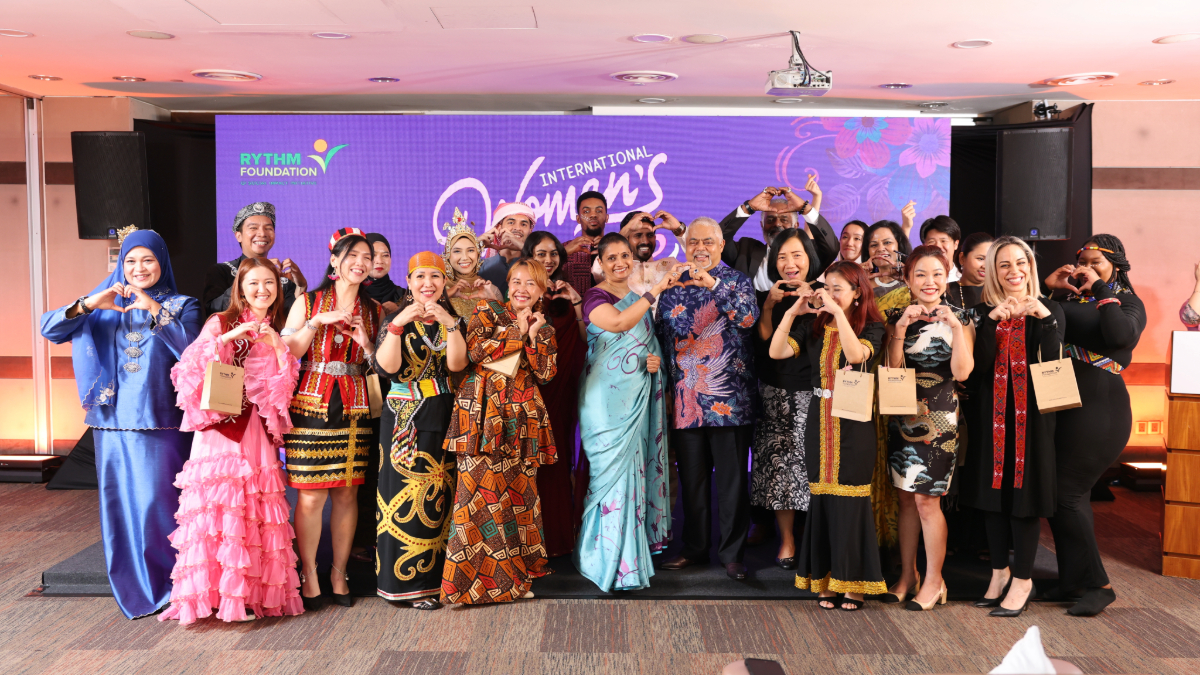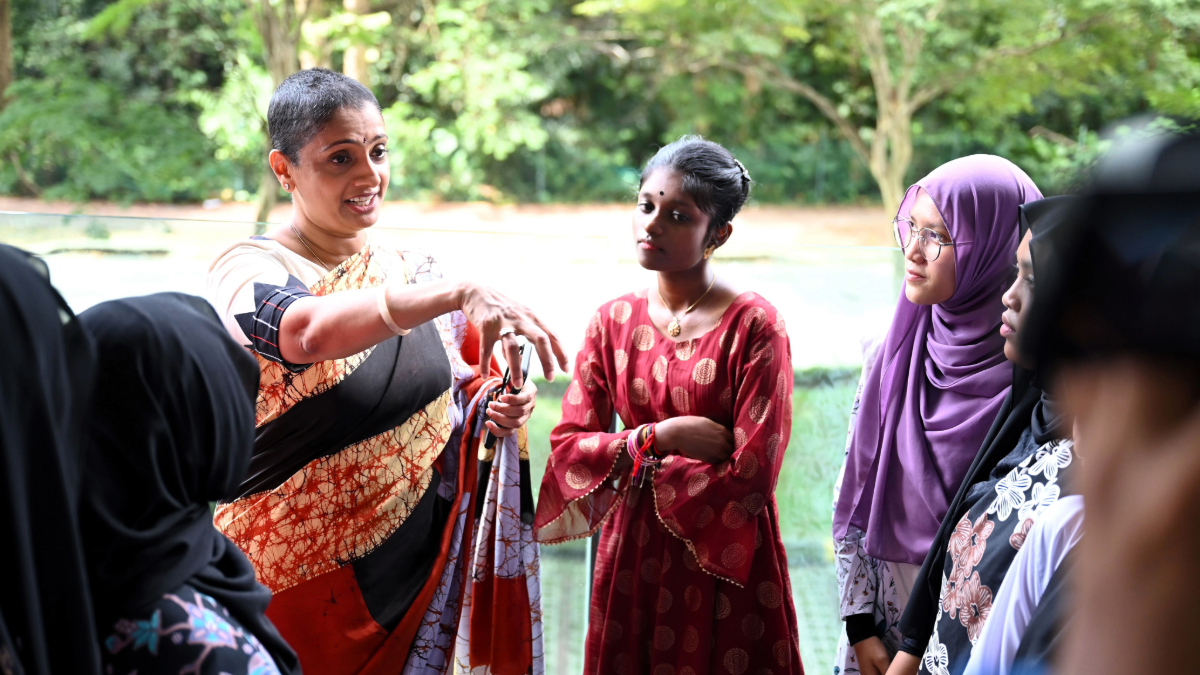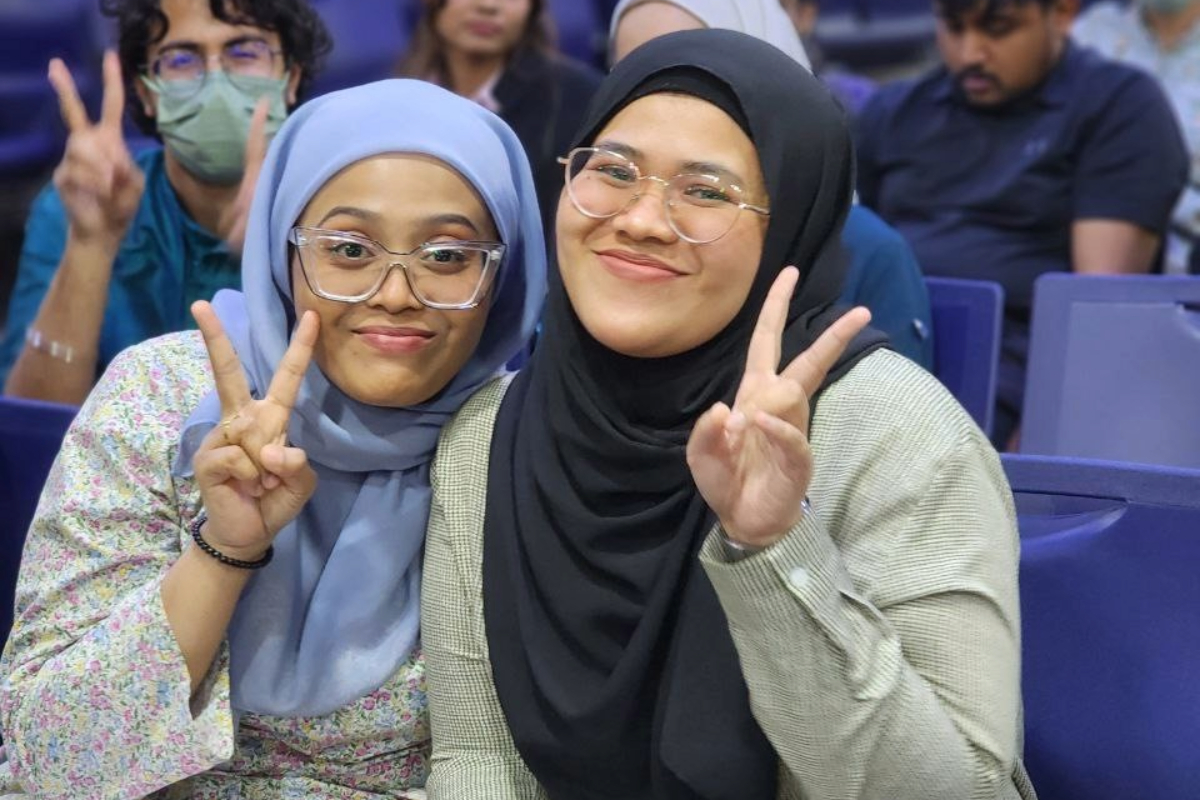“While the literate and affluent communities of the world are able to protect themselves with knowledge and awareness in these trying times, it’s a totally different scenario amongst vulnerable populations. These populations live away from the rest of the world in circumstances that may not facilitate their ability to safeguard themselves against the virus,” said Santhi Periasamy, Head of RYTHM Foundation.These tribal groups have long since dwelled at the margins without the proper resources for economic sustenance, but they have been seeing the impact of uneven developmental measures more than ever since COVID hit. The severe lack of medical facilities and resources to treat patients saw the average death toll in the region rise to 20 per day. That’s when the medical fraternity in the hills jumped into action, along with the Abhinavgram Society, an organisation that has strived to improve the overall well-being of the tribes in remote areas since 2015. With the support of partners that include RYTHM Foundation, the social impact arm of the QI Group, they set up a COVID care centre in the hills to help fight the pandemic.
“The communities here were not getting the treatment they needed due to a lack of supplies and facilities. We only have extremely basic medical supplies to treat the population in Kolli Hills. People would have to go a few kilometres out of the area to get the necessary medical treatment,” said Dr Pushparaj, a block medical officer with the government’s primary health centre in Kolli Hills.
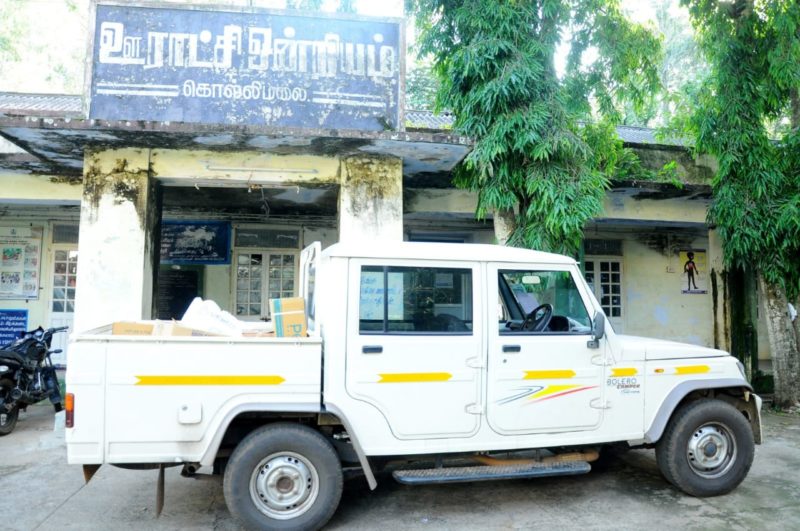 The medical supplies arrive at the tribal offices of Kolli Hills
With only one government hospital and three primary health centres in the vicinity, the facilities and resources required to treat COVID patients in Kolli Hills have been limited despite the professionally equipped manpower. Due to this, an average of 60 out of the 80 positive cases were being referred to the hospitals at the bottom of the hill, in Namakkal or Salem.
Unfortunately, there were high probabilities of these patients not being admitted for treatment because of the lack of ICU beds, ventilators, and oxygen support as required by COVID patients. In some cases, the patients perished without getting treatment on time.
However, the Abhinavgram Society and the medical fraternity in the hills stepped up to protect the tribal populations of Kolli Hills by establishing a COVID care centre with emergency supplies for treatment. With the support of its partners the centre was inaugurated on the 18th of June.
The medical supplies arrive at the tribal offices of Kolli Hills
With only one government hospital and three primary health centres in the vicinity, the facilities and resources required to treat COVID patients in Kolli Hills have been limited despite the professionally equipped manpower. Due to this, an average of 60 out of the 80 positive cases were being referred to the hospitals at the bottom of the hill, in Namakkal or Salem.
Unfortunately, there were high probabilities of these patients not being admitted for treatment because of the lack of ICU beds, ventilators, and oxygen support as required by COVID patients. In some cases, the patients perished without getting treatment on time.
However, the Abhinavgram Society and the medical fraternity in the hills stepped up to protect the tribal populations of Kolli Hills by establishing a COVID care centre with emergency supplies for treatment. With the support of its partners the centre was inaugurated on the 18th of June.
“We sent out proposals to a few organisations seeking support to build the centre. RYTHM Foundation was one of the first organisations that responded to our call for assistance. Through the funding provided by the foundation, we have been able to save lives by providing the appropriate treatment through the newly established COVID care centre,” said Dr Pushparaj.
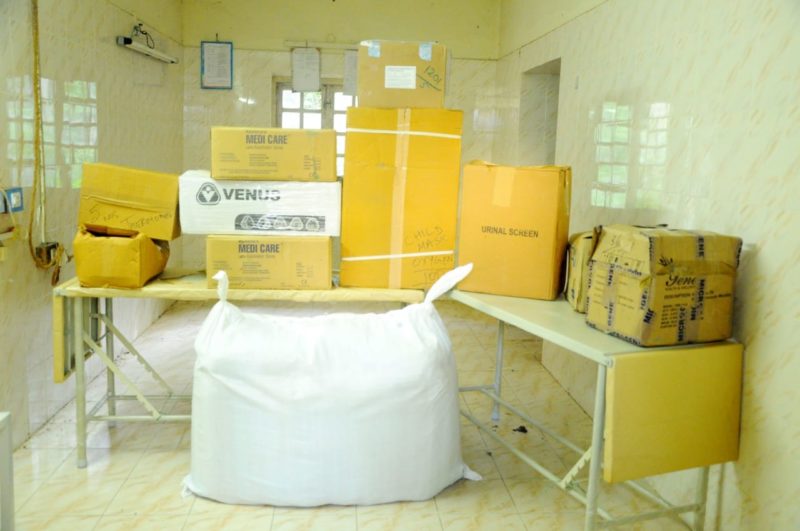 RYTHM Foundation was one of the first organisations that responded to the call for assistance in Kolli Hills.
RYTHM Foundation lent a hand to the cause by providing funds that were used to equip the COVID care centre with the necessary supplies. The funding was allocated for medical equipment such as 200 oxygen masks for adults and children, 50 packs of latex gloves, 500 N95 masks, 1,000 disposable bed sheets, 10 digital blood pressure apparatus and 10 glucometers with strips for blood sugar analysis.
RYTHM Foundation was one of the first organisations that responded to the call for assistance in Kolli Hills.
RYTHM Foundation lent a hand to the cause by providing funds that were used to equip the COVID care centre with the necessary supplies. The funding was allocated for medical equipment such as 200 oxygen masks for adults and children, 50 packs of latex gloves, 500 N95 masks, 1,000 disposable bed sheets, 10 digital blood pressure apparatus and 10 glucometers with strips for blood sugar analysis.
“Kolli Hills is not a new area to RYTHM Foundation as we have supported livelihood projects here in the past. In these extremely challenging times, we were certain that we could offer our assistance in some way, hence the engagement with the Abhinavgram Society. We hope that we can not only help people recover from infections, but also to raise awareness of the disease amongst the community, as it appears that the pandemic is here to stay,” said Santhi.
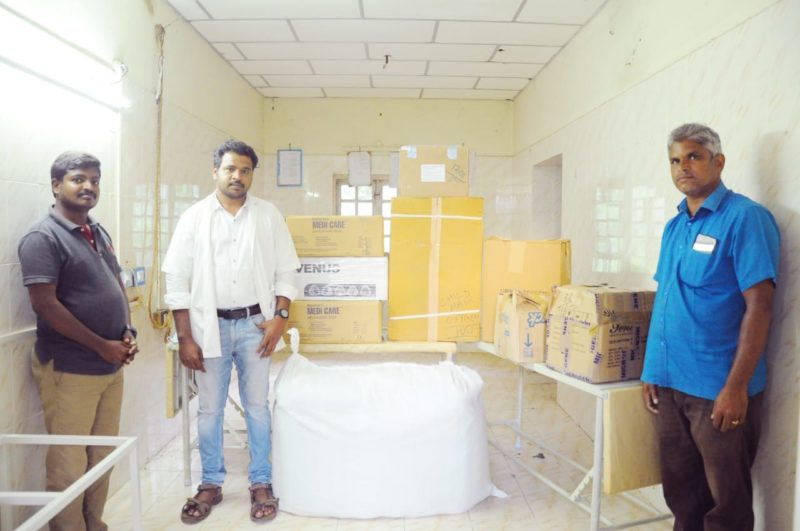 Left to Right: Thiruppathi Perumal, Dr Pushparaj & a staff member of the newly established COVID care centre with the shipment of medical equipment funded by RYTHM Foundation.
The foundation’s contribution also covered five thermal scanners used to take the temperature of those entering the facility while minimising physical contact and adhering to social distancing standard operating procedures.
Left to Right: Thiruppathi Perumal, Dr Pushparaj & a staff member of the newly established COVID care centre with the shipment of medical equipment funded by RYTHM Foundation.
The foundation’s contribution also covered five thermal scanners used to take the temperature of those entering the facility while minimising physical contact and adhering to social distancing standard operating procedures.
“We’d like to extend our heartfelt gratitude to RYTHM Foundation for their support. Their funding has supplied the newly established COVID-19 care centre with the necessary medical equipment to treat patients. With this support, we have so far successfully treated 22 patients affected by the virus between the ages of 17 and 75 and we hope we can save many more members of the tribes of Kolli Hills who are affected,” said Thiruppathi Perumal, the director of the Abhinavgram Society

